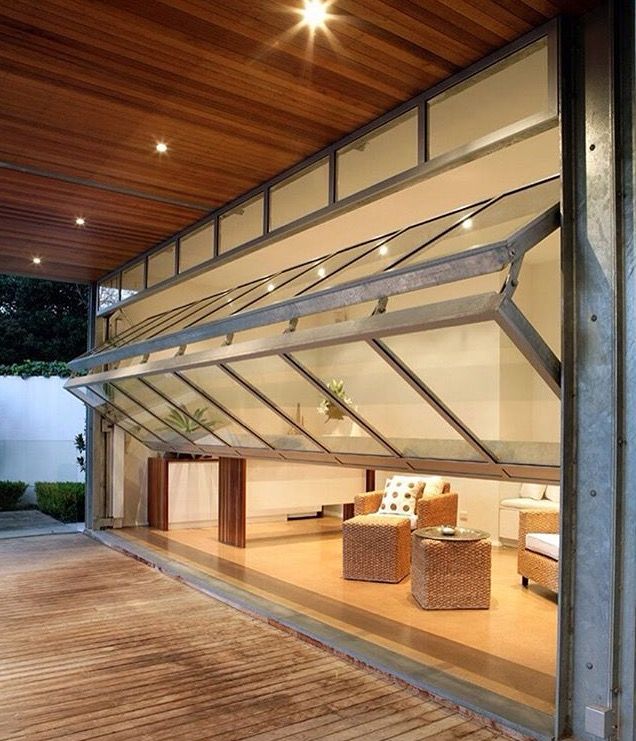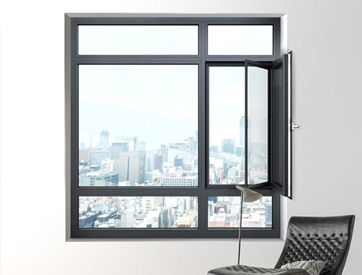Living space magician: Folding windows
Folding windows, a seemingly simple architectural component, are quietly transforming the way modern people live. They are no longer just ordinary windows but have become magical doors connecting indoor and outdoor spaces. In contemporary architectural design, folding windows, with their unique functionality and aesthetic value, have redefined the relationship between architecture and nature, bringing revolutionary changes to modern living spaces.
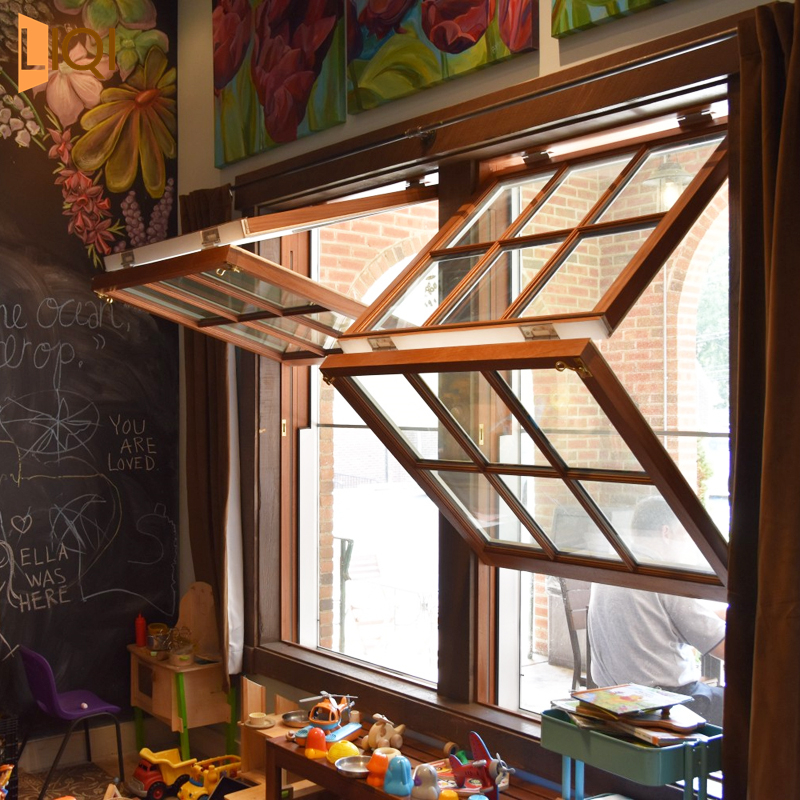

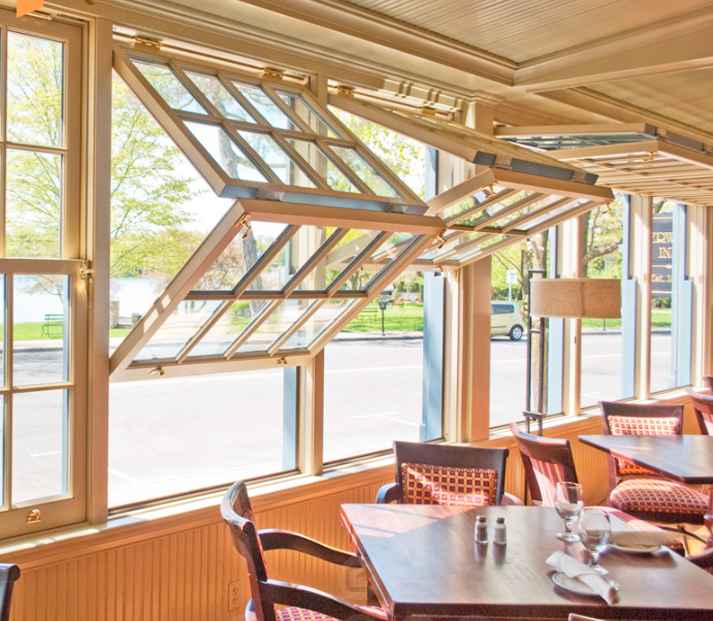
Folding Windows: The Art of Space Reconstruction
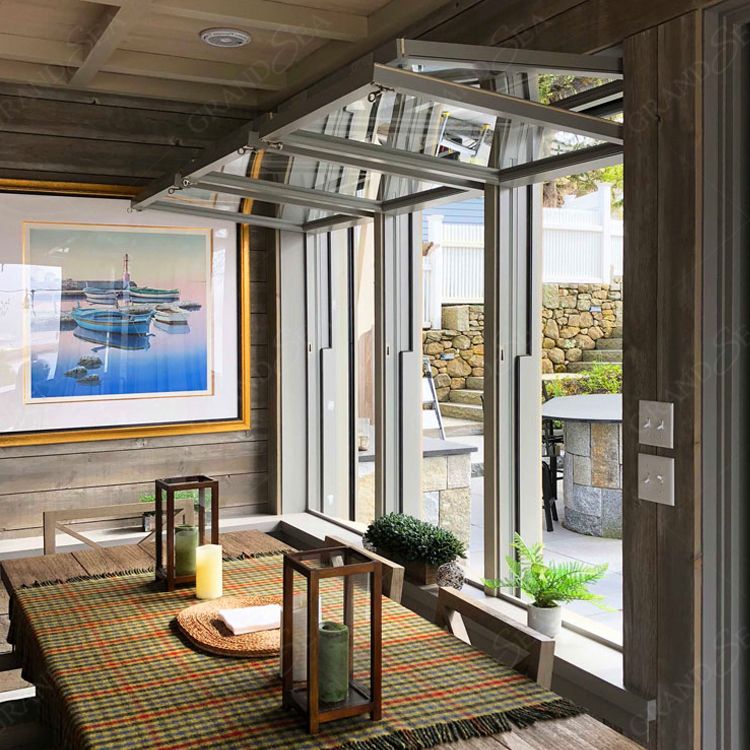
Folding windows break the limitations of traditional windows through their unique opening and closing mechanisms. When fully opened, the entire wall seems to disappear, seamlessly merging indoor and outdoor spaces. This design not only expands visual space but also creates fluid living scenarios. In sunroom designs, folding windows can instantly transform enclosed spaces into open courtyards; in commercial spaces, they can seamlessly connect shops to the street, creating unique consumer experiences.
The structural design of folding windows embodies the essence of modern architectural aesthetics. Slim window frames, large glass panels, and precise hardware together form a simple yet sophisticated visual effect. This design not only meets functional needs for lighting and ventilation but also serves as a decorative element on building facades, enhancing the overall aesthetic value of the space.
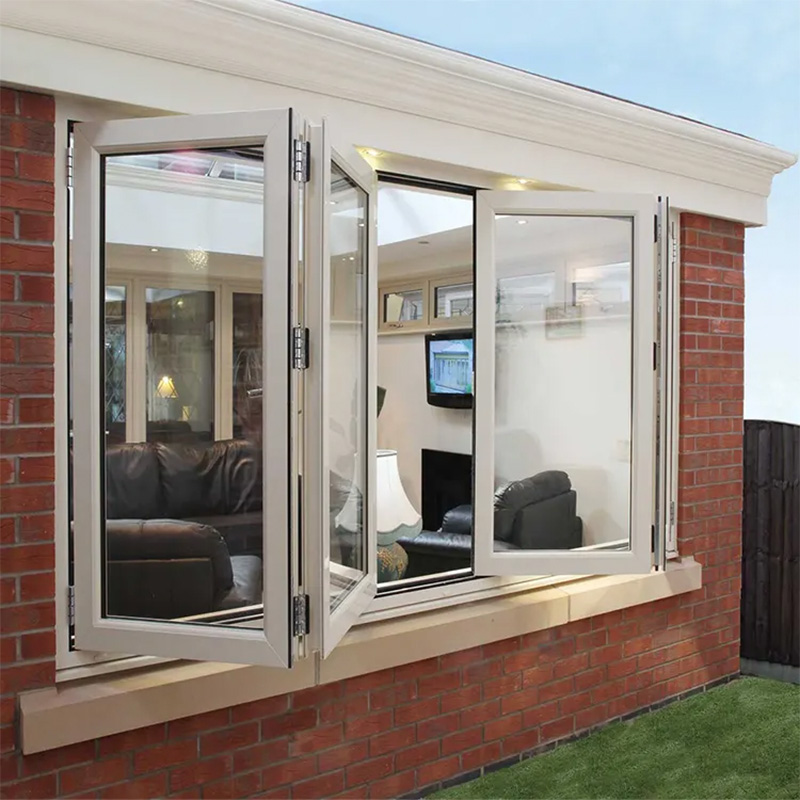
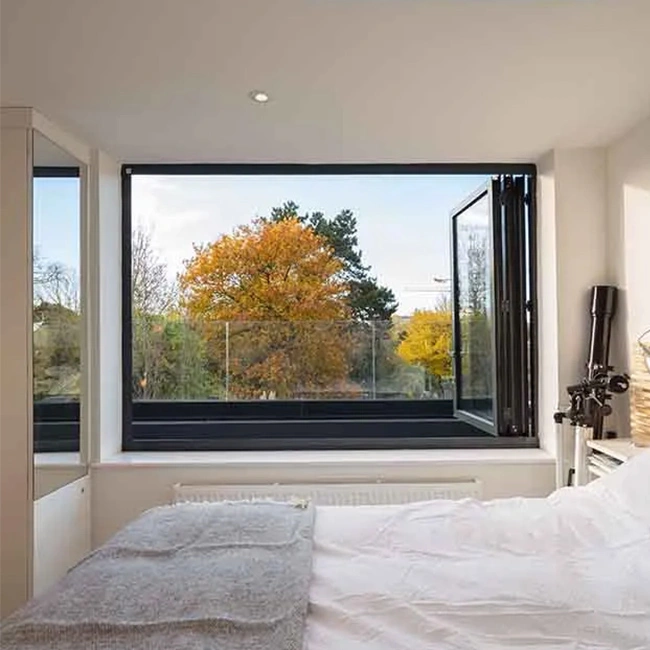
In balancing functionality and aesthetics, folding windows demonstrate remarkable design intelligence. They ensure practical functions like insulation and soundproofing while maximizing space utilization through innovative opening mechanisms. This design philosophy exemplifies the modern architectural pursuit of perfect unity between function and form.
The Lifestyle Revolution Brought by Folding Windows
Folding windows create entirely new spatial experiences. When fully opened, indoor spaces extend outward, blending balconies, courtyards, and interiors into one, creating an open living environment. This design not only increases usable area but also transforms lifestyles. In the morning, one can enjoy the first rays of sunlight in a fully open space; at night, one can experience the tranquility of nature under the stars.
Folding windows redefine the relationship between people and their environment. They blur the boundaries between indoors and outdoors, allowing natural elements to integrate more into daily life. Sunlight, air, and scenery are no longer distant outdoor elements but become integral parts of indoor spaces. This design concept reflects modern people’s yearning for a natural lifestyle.
In terms of space utilization, folding windows showcase incredible creativity. They can change spatial forms as needed, enabling flexible space transformations. This feature is particularly suitable for limited living spaces in modern cities, offering residents more possibilities.
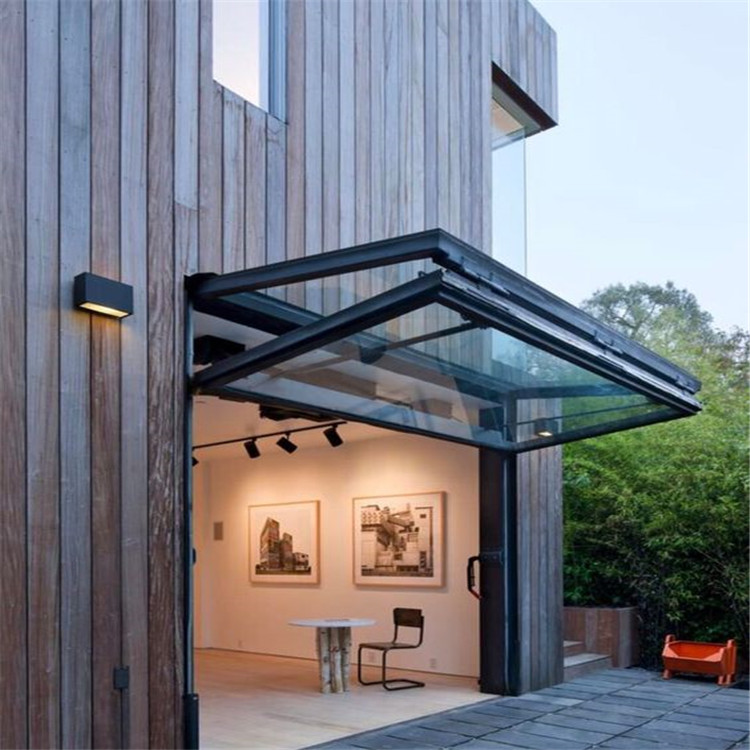
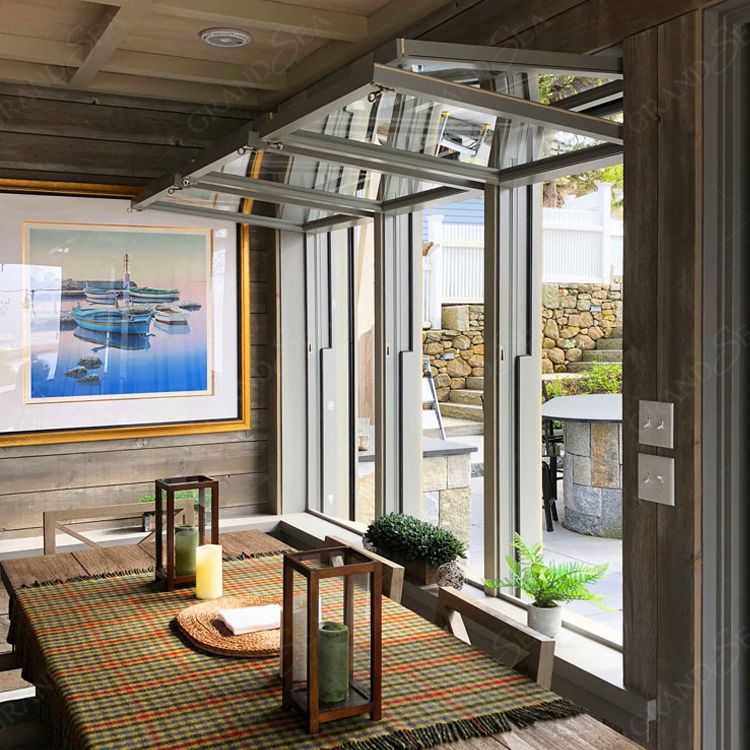
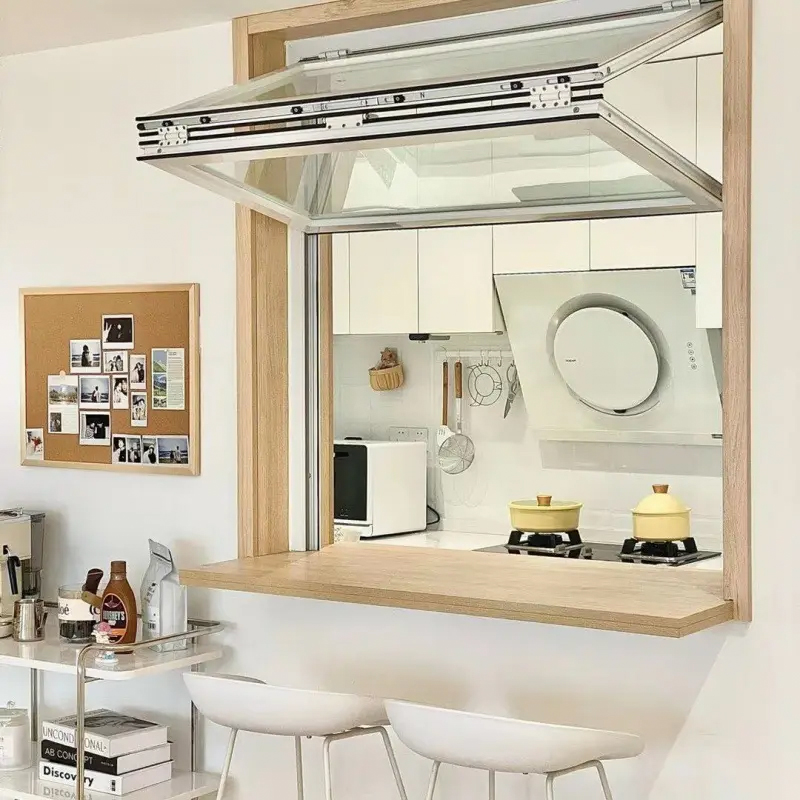
Folding Windows: A Standard for Future Architecture
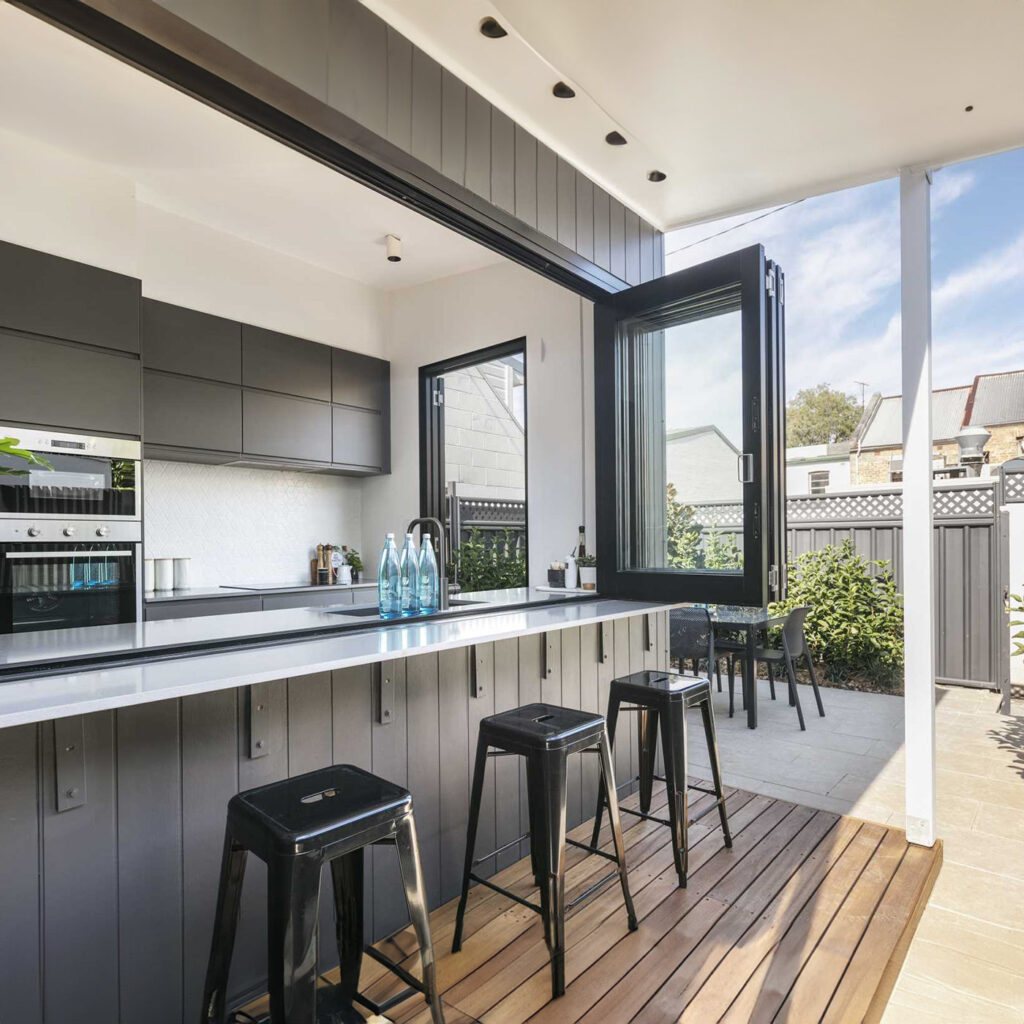
Folding window technology is continuously innovating. The application of new materials and the integration of smart control systems have made folding windows more powerful. Features like automatic sensing, remote control, and intelligent adjustment make folding windows more convenient to use. These technological advancements are pushing folding windows to higher levels.
In green building concepts, folding windows play a crucial role. They can effectively regulate indoor lighting and ventilation, reducing energy consumption. The large glass panels maximize the use of natural light, decreasing the need for artificial lighting. This design philosophy aligns perfectly with the trend of sustainable architecture.
Folding windows are leading the future trends in architectural design. They are not just a building component but also a reflection of a design philosophy. In future architectural designs, folding windows will continue to leverage their advantages in space reconstruction, creating more comfortable, eco-friendly, and intelligent living spaces for humanity.
The emergence of folding windows is not just a progression in architectural technology but also a reflection of humanity’s pursuit of a better life. They break the constraints of traditional spaces and create entirely new lifestyles. In the future, with continuous technological advancements, folding windows will undoubtedly reveal even more possibilities, driving further innovation in architectural design and lifestyles. This “magic door” is opening up a more beautiful living space for us.
